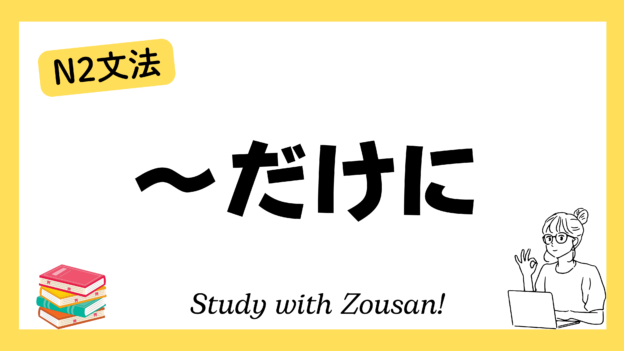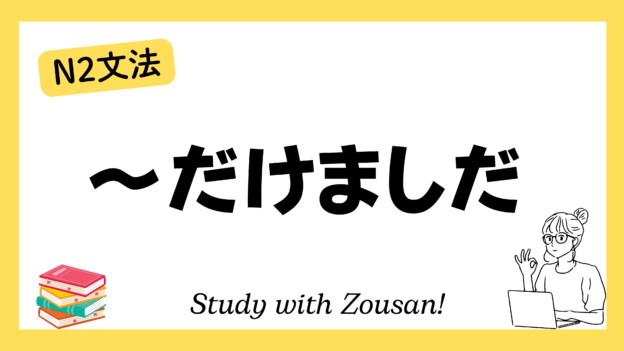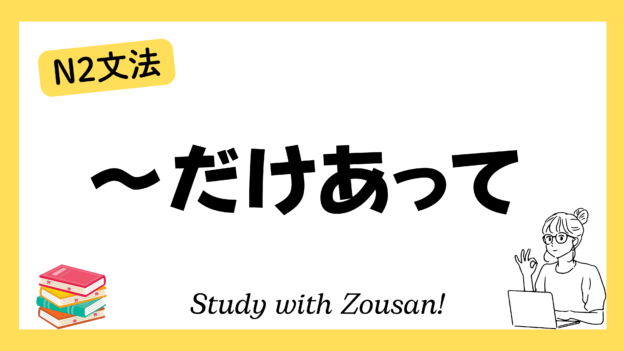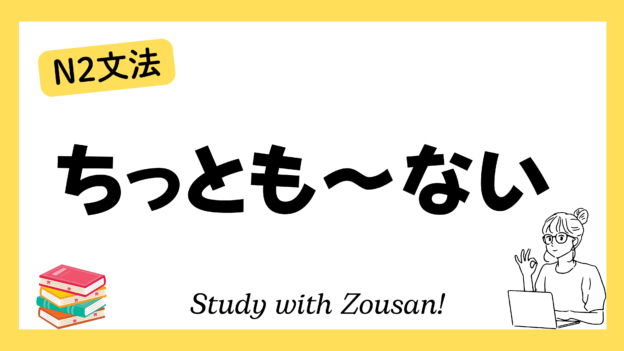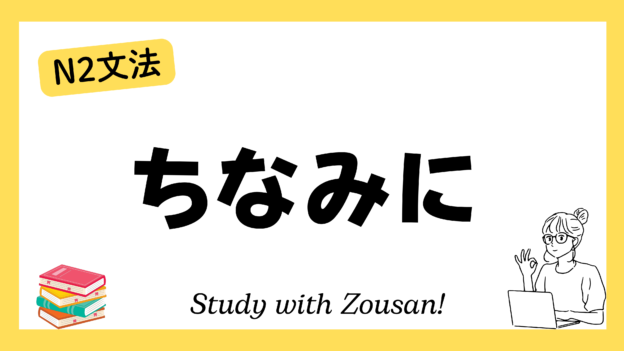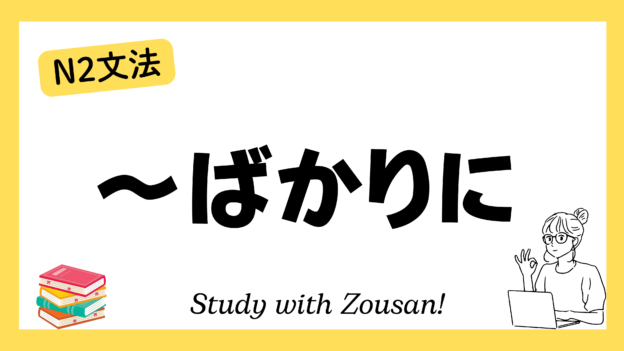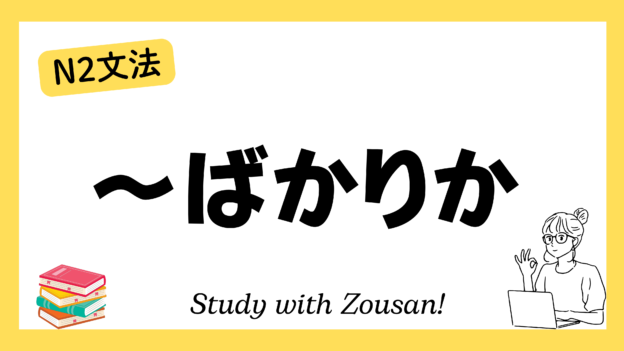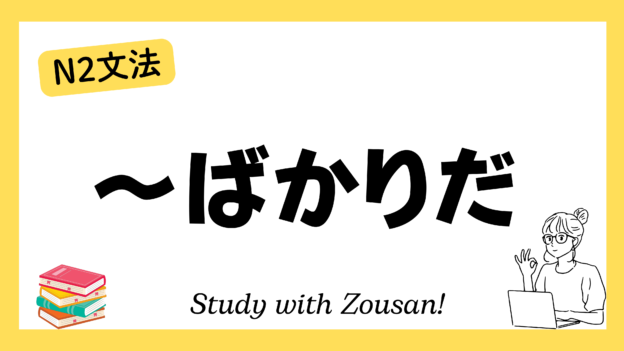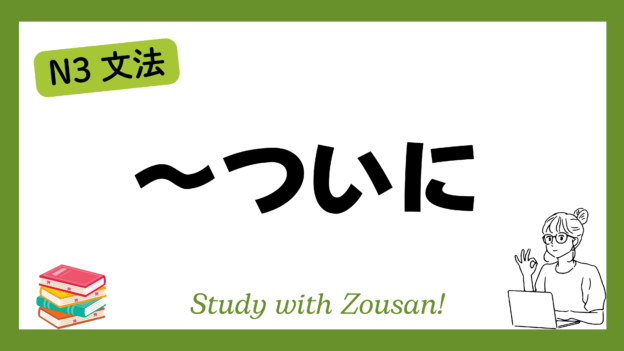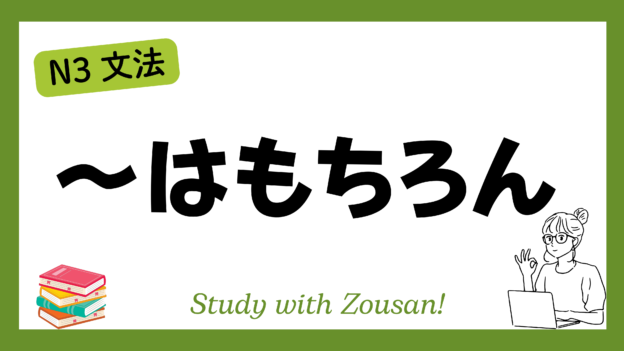Meaning: “Precisely because…” / “Exactly for the reason that…”
The structure “~だけに” is used to emphasize that a certain result is entirely reasonable or understandable due to a specific reason. It often accompanies a particular situation or condition, making the outcome feel natural or in line with expectations.
※Note:
- “~だけに” is commonly used to explain that something occurs as a logical or inevitable result of a previous reason or condition.
- This structure can be used for both positive and negative situations and emphasizes that the result is understandable because of a clear or logical reason.
Structure:
| Verb (casual) | + だけに |
| Noun | |
| な-adjective + な | |
| い-adjective |
Example:
-
-
-
🌟 彼は経験が豊富なだけに、信頼されています。
(かれ は けいけん が ほうふ な だけ に、しんらい されて います)
Precisely because he has a lot of experience, he is trusted. -
🌟 このレストランは有名なだけに、お客さんがたくさんいます。
(この レストラン は ゆうめい な だけ に、おきゃくさん が たくさん います)
Precisely because this restaurant is famous, it has many customers. -
🌟 彼女は努力家なだけに、成績も良いです。
(かのじょ は どりょくか な だけ に、せいせき も よい です)
Precisely because she is hardworking, her grades are good. -
🌟 この問題は複雑なだけに、解決するのが難しいです。
(この もんだい は ふくざつ な だけ に、かいけつ する の が むずかしい です)
Precisely because this problem is complex, it’s hard to solve. -
🌟 彼はプロなだけに、仕事がとても速いです。
(かれ は プロ な だけ に、しごと が とても はやい です)
Precisely because he is a professional, he works very fast. -
🌟 値段が高いだけに、品質も良いです。
(ねだん が たかい だけ に、ひんしつ も よい です)
Precisely because the price is high, the quality is also good. -
🌟 期待していただけに、結果が悪くてがっかりした。
(きたい して いた だけ に、けっか が わるくて がっかり した)
Because I had high expectations, I was disappointed by the bad results. -
🌟 彼は真面目なだけに、みんなから尊敬されています。
(かれ は まじめ な だけ に、みんな から そんけい されて います)
Precisely because he is serious, he is respected by everyone. -
🌟 暑いだけに、アイスクリームがよく売れます。
(あつい だけ に、アイスクリーム が よく うれます)
Precisely because it’s hot, ice cream sells well. -
🌟 新しい商品なだけに、たくさんの人が興味を持っています。
(あたらしい しょうひん な だけ に、たくさん の ひと が きょうみ を もって います)
Precisely because it’s a new product, many people are interested.
-
-


